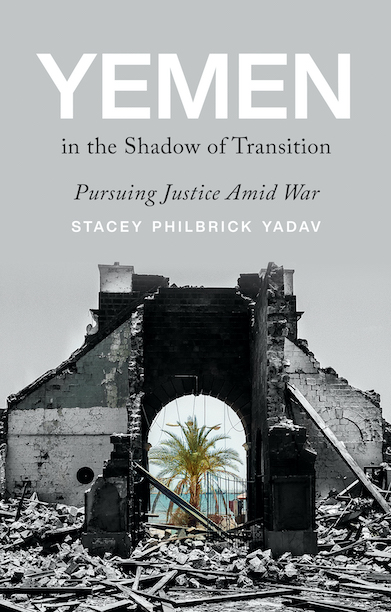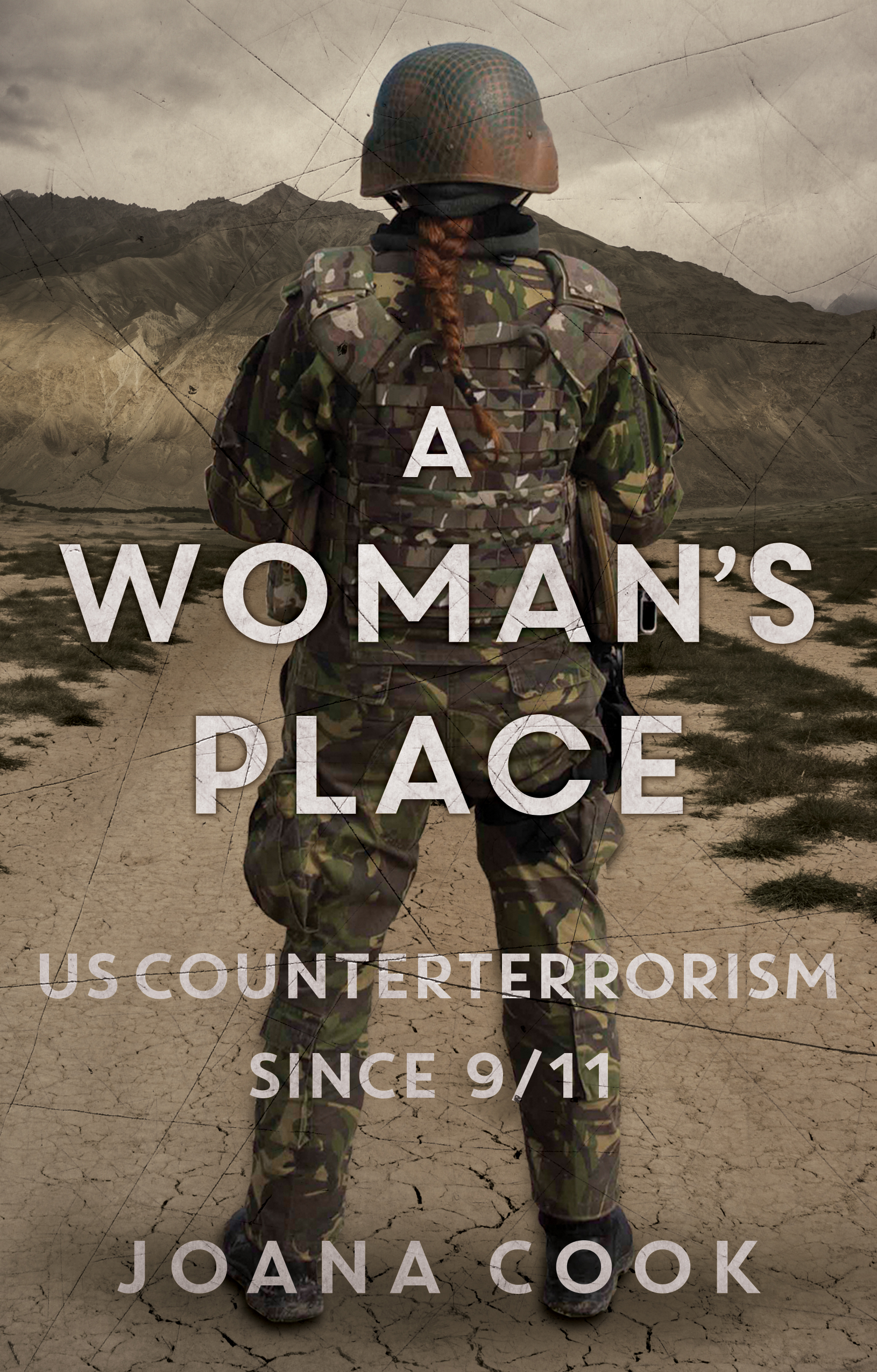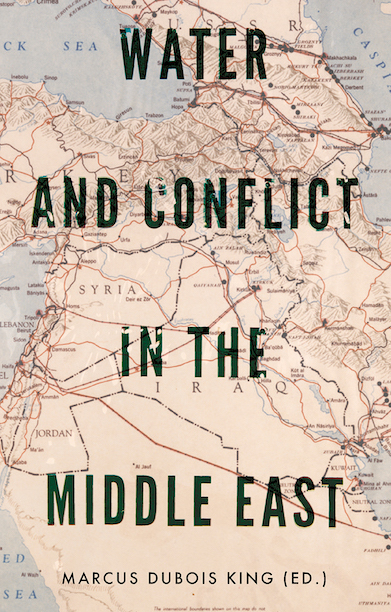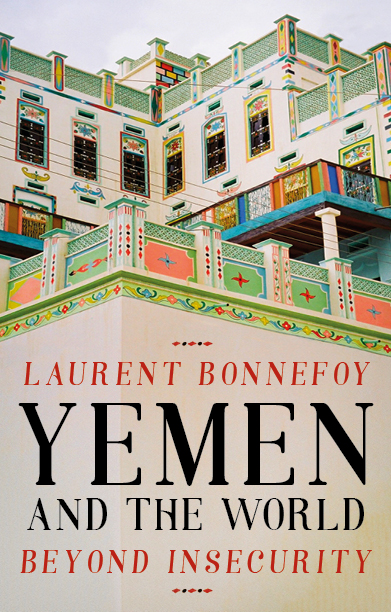Unmaking North and South
Cartographies of the Yemeni Past
Part of the Society and History in the Indian Ocean seriesDescription
Unmaking North and South revisits the Yemeni past by situating the historical construction of Yemen’s north and south as bounded political, social, and moral spaces in the broader context of imperial rule, state formation, and religious reform in the Indian Ocean arena. The study is centered on the formation of the British Aden Protectorate and the Zaydi-Shiite Imamate of the Hamid al-Din family in the period between 1857 and 1934. Focusing on the British creation of a series of ‘native states’ on the model of princely India in the Yemeni south and Imam Yahya Hamid al-Din’s formation of a hybrid state based on Ottoman state forms and Sunni reformist ideology in the north, the book demonstrates the extent to which Yemen’s modern history was rooted both in the structures of the British Raj and the intellectual debates of the greater Sunni Muslim world. The book uses a variety of case studies dealing with imperial state ritual, arms smuggling, cartography and colonial ethnography, debates over the nature of the Islamic polity, and an undeclared war between the British and the Yemeni Imamate in order to re-center the history of Yemen in a trans-regional context. Moving deftly between narratives of the colonial, local, modern, and Islamic, Willis questions the historical inevitability of the post-colonial Yemeni nation and suggests other modes of narrating Yemen’s contested past.
Reviews
‘This is a well-researched work. Its strength lies in Willis’ recourse to an extraordinary number of hiterto untapped primary sources, especially Arabic ones from a number of public and private Yemeni archives … Overall, this is a laudable effort at reconstructing the history of mid-nineteenth- and early-twentieth-century Yemen, one that challenges the ways in which academic research on the country has heretofore addressed questions of identity, colonialism, external intervention, and religious dynamics.’ — Asian Affairs
‘This book puts forward a stimulating and suggestive account of the history of early twentieth century Yemen. Its strength lies in the ways it interweaves the colonial, the local, the modern, and the Islamic; and in its effective deployment of a comparative analysis that works back and forth between the British Protectorate in the south and the independent Imamate in the north.’ — Thomas Metcalf, Professor Emeritus of History, University of California, Berkeley
‘To date, we have seen nothing like this sort of theoretical intervention into the history of this region and the result is both stimulating and refreshing, Rather than writing a history from the perspective of a given nation-state, the author approaches it from the perspective of the region as a whole, with illuminating results.’ — Steven Caton, Professor of Contemporary Arab Studies, Harvard University
‘John Willis sets out to answer the question “How were North and South Yemen made possible as bounded, social and moral spaces?” He describes events in a brilliant and scholarly manner, drawing on primary sources in the literature and archives but also on travel writing and the press and periods of research in Yemen. His narrative is full of interesting detail and is fascinating reading for those who want to know about this formative period in the making of modern Yemen and the contrived artificial nature that once divided North and South.’ — The British-Yemeni Society Journal
Editor(s)
John M. Willis is Assistant Professor of History at the University of Colorado, Boulder.






